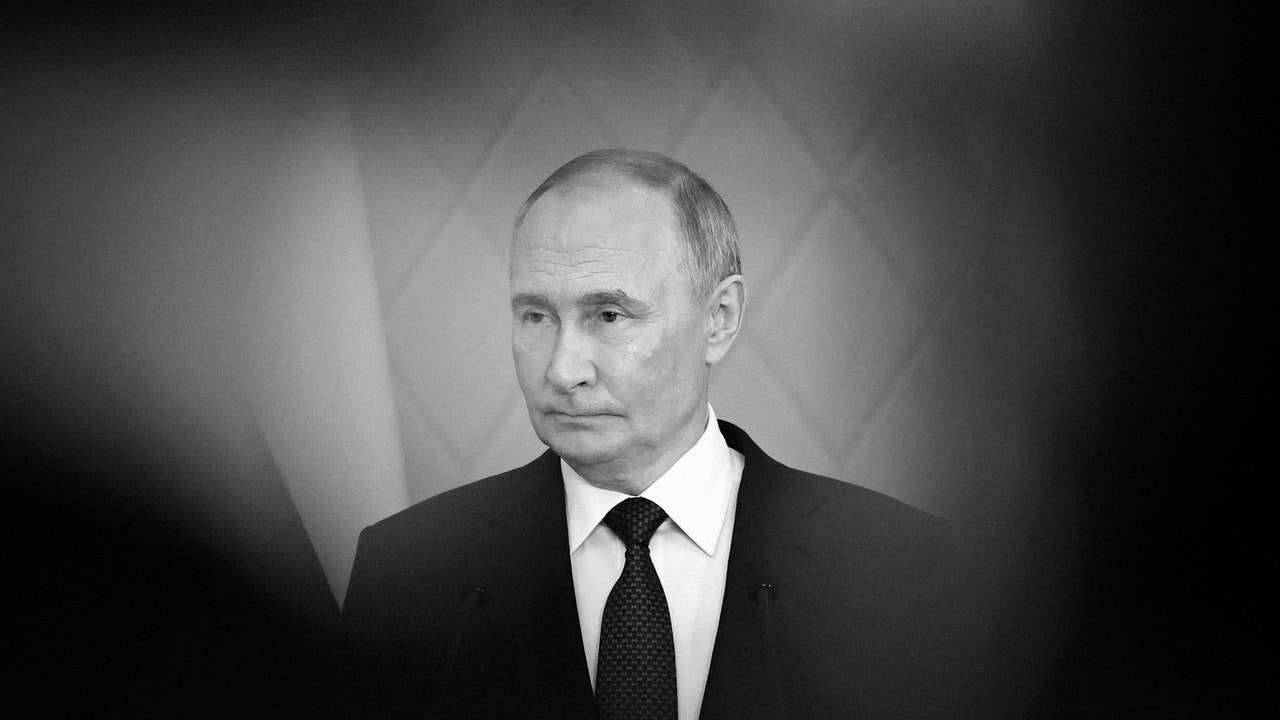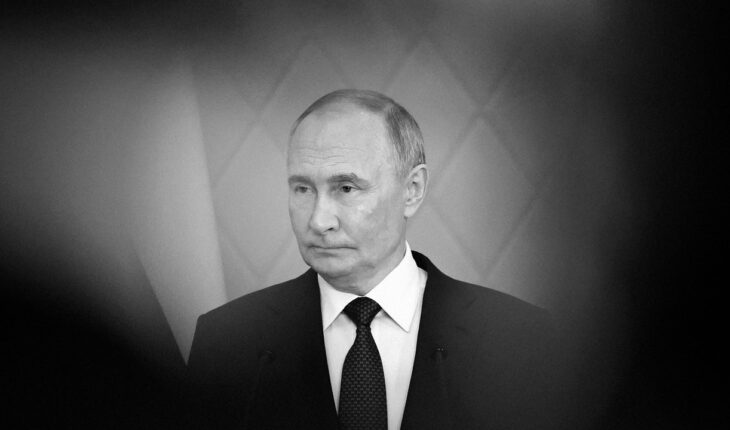
“This year there were 500 suspicious incidents in Europe,” Czech foreign minister Jan Lipavský told reporters ahead of a NATO foreign ministers meeting in Brussels last week. “Up to 100 of them can be attributed to Russian hybrid attacks, espionage, influence operations.” Almost certainly, according to various sources, Russian-affiliated spies, vandals, arsonists, saboteurs, hackers, and assassins are behind many of the others. And yet there’s uncertainty in each instance about how deeply the Kremlin’s involvement goes. That’s part of the game.
The Insider, a Russia-focused, independent media outlet, reports confidently that European-based “acts of Russian state terrorism are now growing in tempo, scale and ambition…. Culprits tied to these operations have been arrested in the United Kingdom, France, Germany, Poland, Czechia, and the Baltic Sea region. Their targets for arson or bombing attacks include industrial sites, defense plants, shopping malls, bus depots, and museums.”
But lacking concrete evidence of Moscow’s role in the plots, certain European nations have been reluctant to call out the Russians. “We are simply being too polite,” Danish prime minister Mette Frederiksen lamented in a conversation with the Council on Foreign Relations in July. “They are attacking us every day now.”
European governments and NATO observers are on edge, and despite Moscow’s denials, some leaders have started to lay blame at Putin’s doorstep. America, meanwhile, has been spared from illicit Russian physical attacks—for now. That’s not to say that one day an operation might go awry, killing not one or two people, but leading to casualties on a scale that could provoke armed conflict (see seasons one and two of the Netflix series The Diplomat), in which the US government might be drawn into the fighting.
The Gray Zone and the Shadow War
Part of the problem for European authorities is that these attacks are occurring in what is known as the gray zone; they are low-level, small-scale strikes, sometimes carried out by agents who might not even know they are acting on Moscow’s behalf. The relatively minor damage from the incidents and the uncertainty surrounding their perpetrators often leave governments confused and hesitant to finger Moscow for these low-impact, high-density incursions on their territory.
Such shadowy assaults are not new. They are, in fact, part of Moscow’s war against the West that goes back well before Russia’s full-scale invasion of Ukraine in February 2022. Russia knows it doesn’t have the firepower or the economic clout to win a hot war with NATO. So, analysts contend, it is pursuing the smaller-guy stance: Toss a drink in the face of the big-guy opponent at the bar, kick him where it hurts, disorient him, and leave him uncertain and unwilling to go on.
German air force colonel Sönke Marahrens is an expert on asymmetrical, hybrid warfare, as this strategy is called, and a senior nonresident fellow at the Institute for Security Policy at Kiel University. He emphasizes that he is not speaking on behalf of his government when he tells me that “sabotage is in the Russian tool set for what they call reflexive control”—a form of psychology that aims to intimidate, bewilder, and distract its adversaries. “These events create psychological effects, which are (or can be) amplified in the modern social media environment.” In other words, the frequency and variety of small attacks can be leveraged to knock countries and citizens back on their heels, leaving them unbalanced. Putin wants to show, Marahrens says, “that security is not a given” due to “the psychological side effects on the targeted society.”





